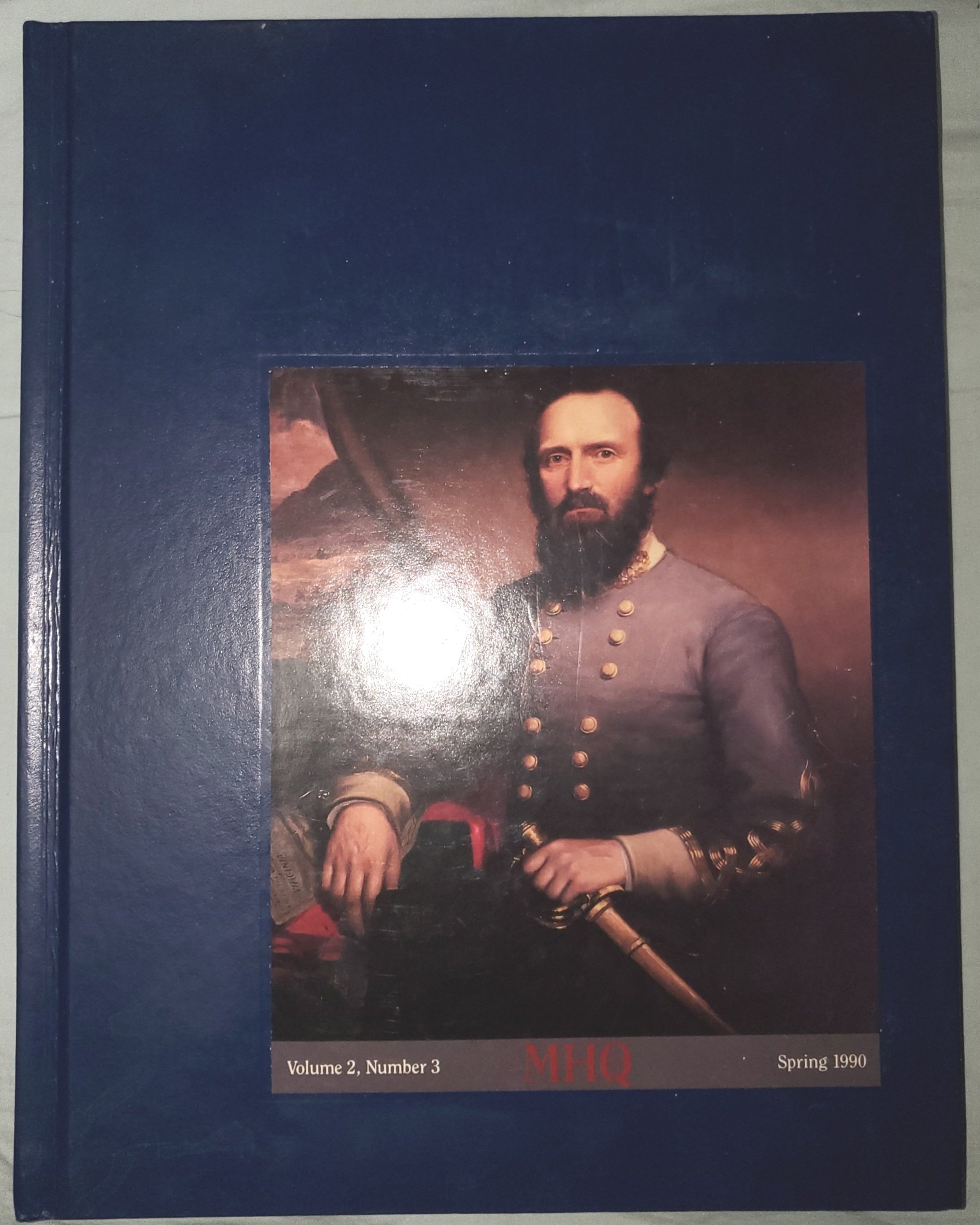 Image 1 of 1
Image 1 of 1


The Tsar's Last Armada | the epic journey to the Battle of Tsushima
Author - Konstantin Pleshakov
Year published - 2002
Published by - Basic Books
Book Format - Hard Cover
Genre - General Naval History
Summary
On May 14-15, 1905, in the Tsushima Straits near Japan, an entire Russian fleet was annihilated, its ships sunk, scattered, or captured by the Japanese. It was among the top five naval battles in history, equal to those of Lepanto, Trafalgar, Jutland, and Midway. The Japanese lost only three destroyers, but the Russians lost twenty-two ships and thousands of sailors. To this day Russian ships throw wreaths on the waves when passing the Korea Strait.The Russians had traveled for nine months to be destroyed in a few hours. Because they were afraid of capture in the Suez Canal, their legendary admiral, dubbed "Mad Dog," led them on an extraordinary 18,000mile detour from the Baltic Sea, around Europe, Africa, and Asia to the Sea of Japan. They were burdened by the Tsar's incompetent leadership and the old, slow ships that he insisted be included to bulk up the fleet. Moreover, they were under constant fear of attack, and there were no friendly ports to supply coal, food, and fresh water. The level of self-sufficiency achieved by this squadron was not again attained in naval practice until the Second World War.With a novelist's eye and a historian's authority, Pleshakov tells of the Russian squadron's long, difficult journey and swift, horrible defeat.
Notes -
Author - Konstantin Pleshakov
Year published - 2002
Published by - Basic Books
Book Format - Hard Cover
Genre - General Naval History
Summary
On May 14-15, 1905, in the Tsushima Straits near Japan, an entire Russian fleet was annihilated, its ships sunk, scattered, or captured by the Japanese. It was among the top five naval battles in history, equal to those of Lepanto, Trafalgar, Jutland, and Midway. The Japanese lost only three destroyers, but the Russians lost twenty-two ships and thousands of sailors. To this day Russian ships throw wreaths on the waves when passing the Korea Strait.The Russians had traveled for nine months to be destroyed in a few hours. Because they were afraid of capture in the Suez Canal, their legendary admiral, dubbed "Mad Dog," led them on an extraordinary 18,000mile detour from the Baltic Sea, around Europe, Africa, and Asia to the Sea of Japan. They were burdened by the Tsar's incompetent leadership and the old, slow ships that he insisted be included to bulk up the fleet. Moreover, they were under constant fear of attack, and there were no friendly ports to supply coal, food, and fresh water. The level of self-sufficiency achieved by this squadron was not again attained in naval practice until the Second World War.With a novelist's eye and a historian's authority, Pleshakov tells of the Russian squadron's long, difficult journey and swift, horrible defeat.
Notes -




